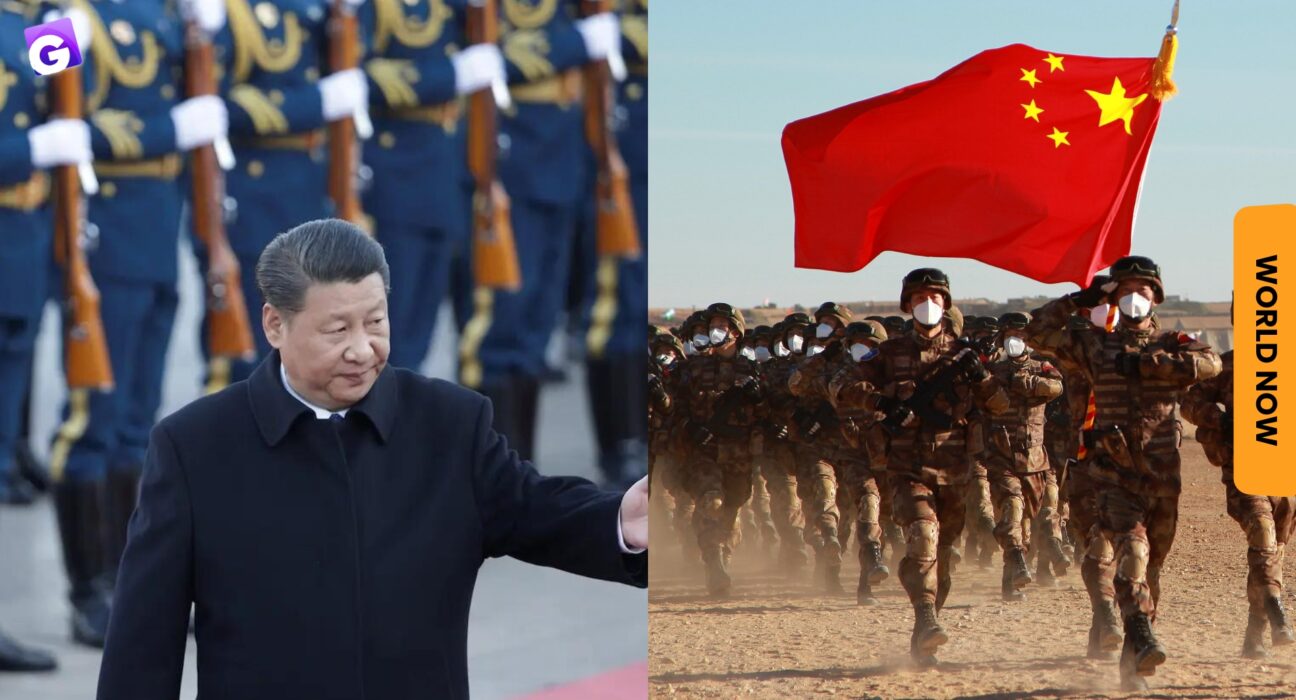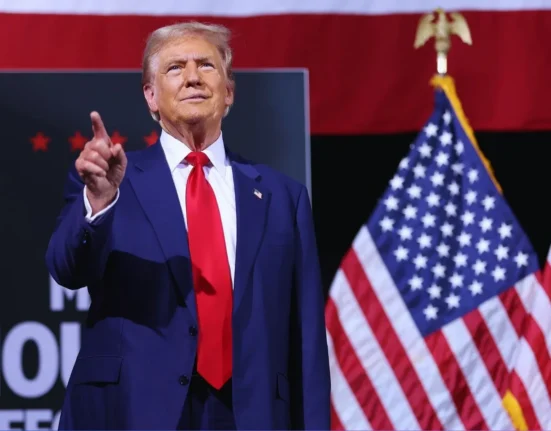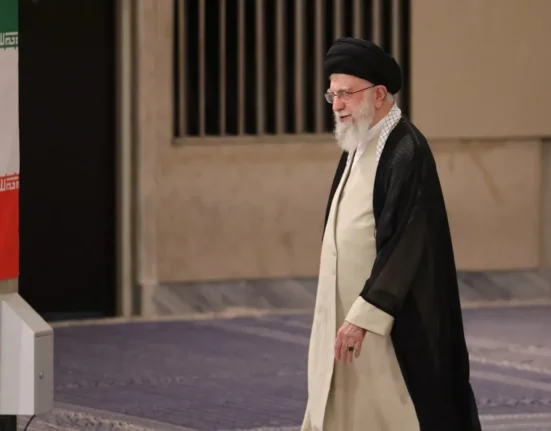Chinese leader Xi Jinping’s recent remarks about preparing for war have raised concerns among policymakers and business leaders worldwide.
During China’s annual parliamentary meeting in March, Xi emphasized the theme of war readiness in his speeches and urged his generals to be ready to fight. Additionally, China’s defense budget increased by 7.2 percent, and plans were announced to reduce the country’s dependence on foreign grain imports.
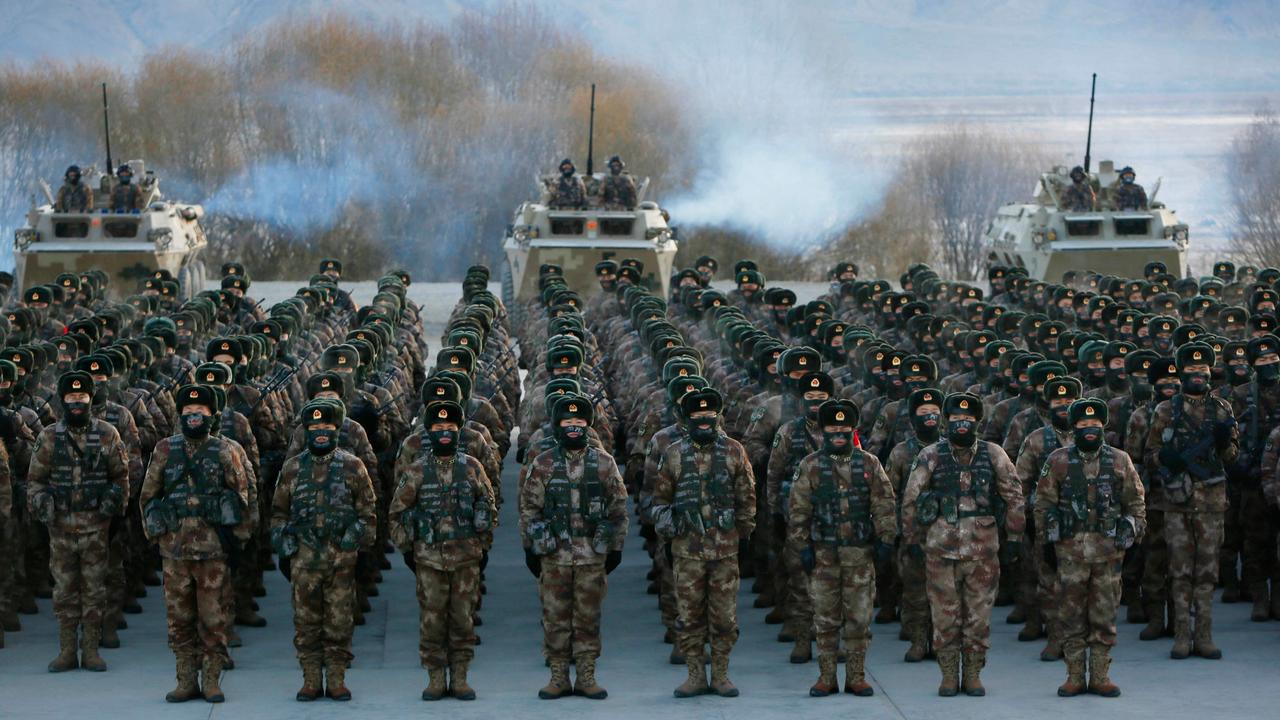
Furthermore, Beijing has introduced new military readiness laws and air-raid shelters in cities across the Taiwan Strait, as well as established new “National Defense Mobilization” offices throughout the country. While it is uncertain what these developments signify, it is clear that something has changed in Beijing.
Also read: Several Parts Of China Under Lockdown After A New Life-Threatening Flu Breaks Out
China’s new world order?
It would be unwise to dismiss Xi’s remarks about preparing for war. While conflict is not inevitable or immediate, the increase in China’s military spending and infrastructure suggests that they are taking a more assertive stance on national defense. This shift could have significant implications for international relations, trade, and security.
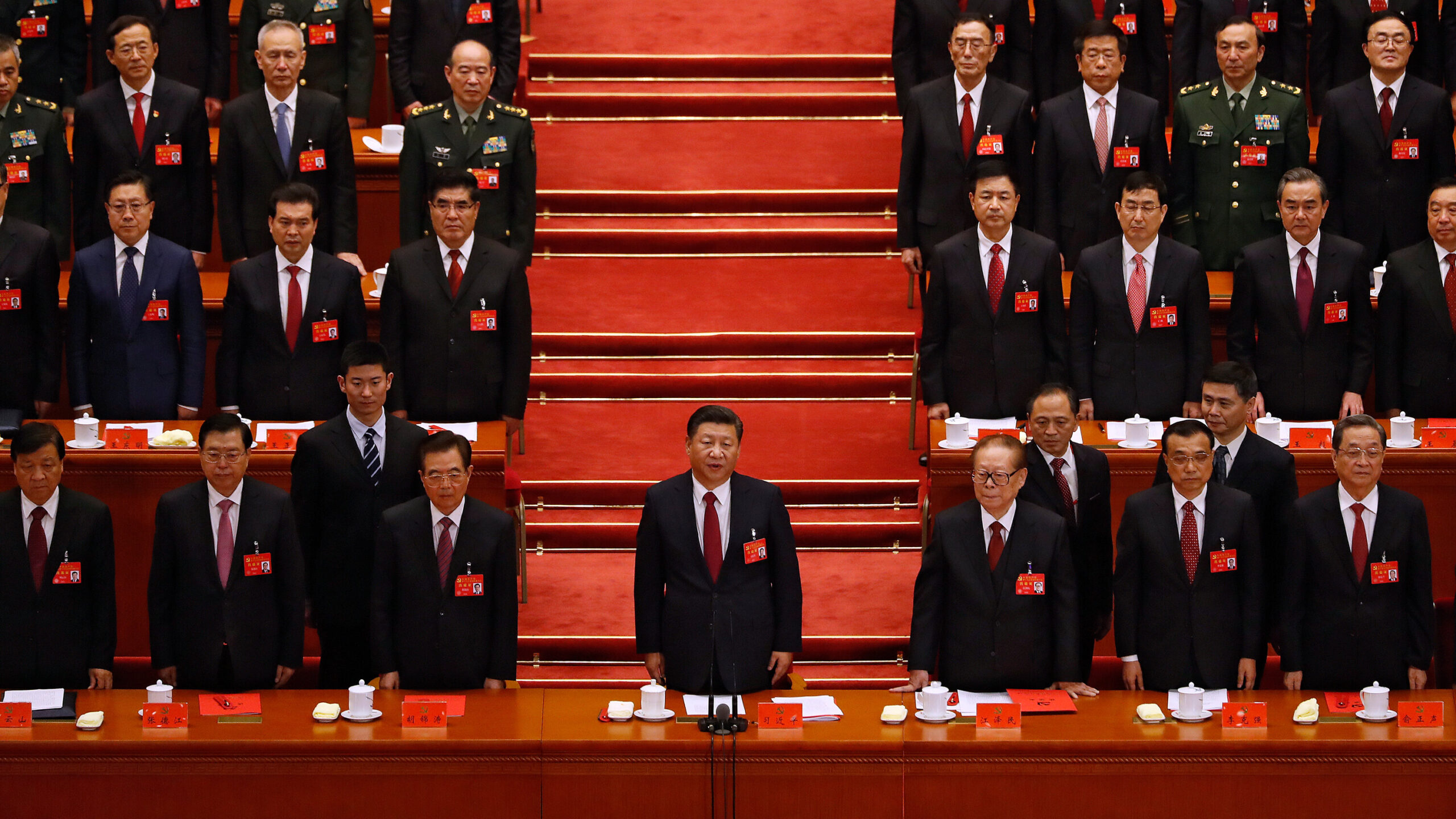
Policymakers and business leaders must monitor these developments closely and assess their potential impact. The situation calls for a nuanced approach that balances diplomacy and preparedness to avoid any unintended escalation. It is essential to take Xi’s words seriously and prepare accordingly, as the consequences of inaction could be severe.
Have anything to add to the story? Share your thoughts with us in the comments section below!






